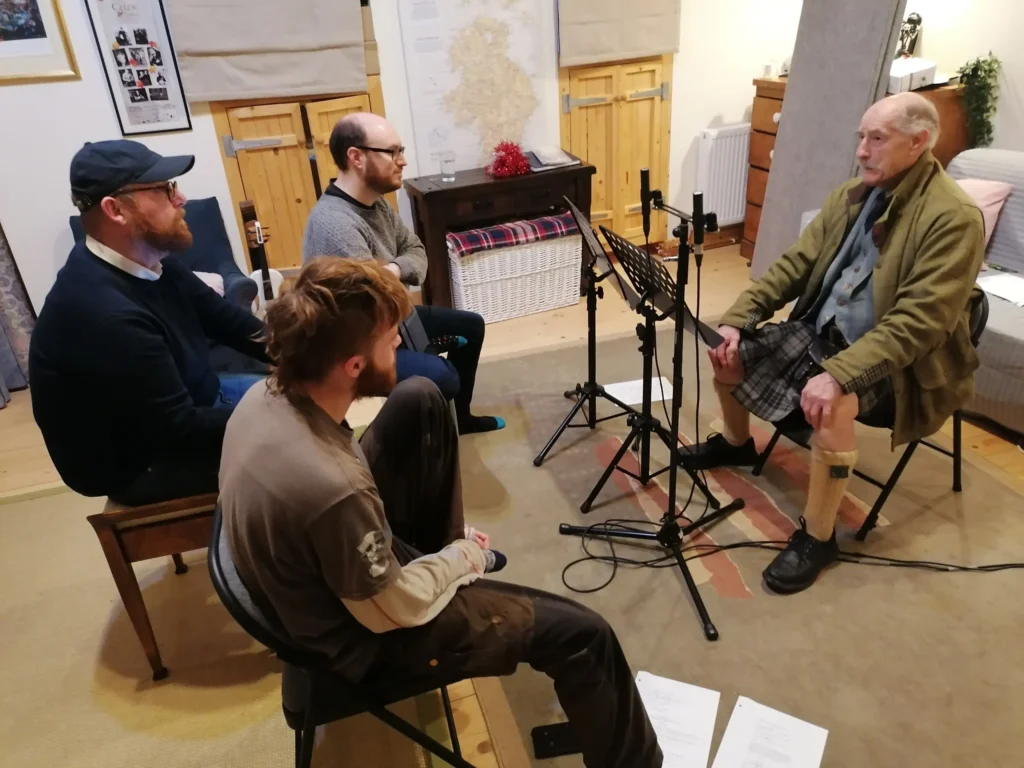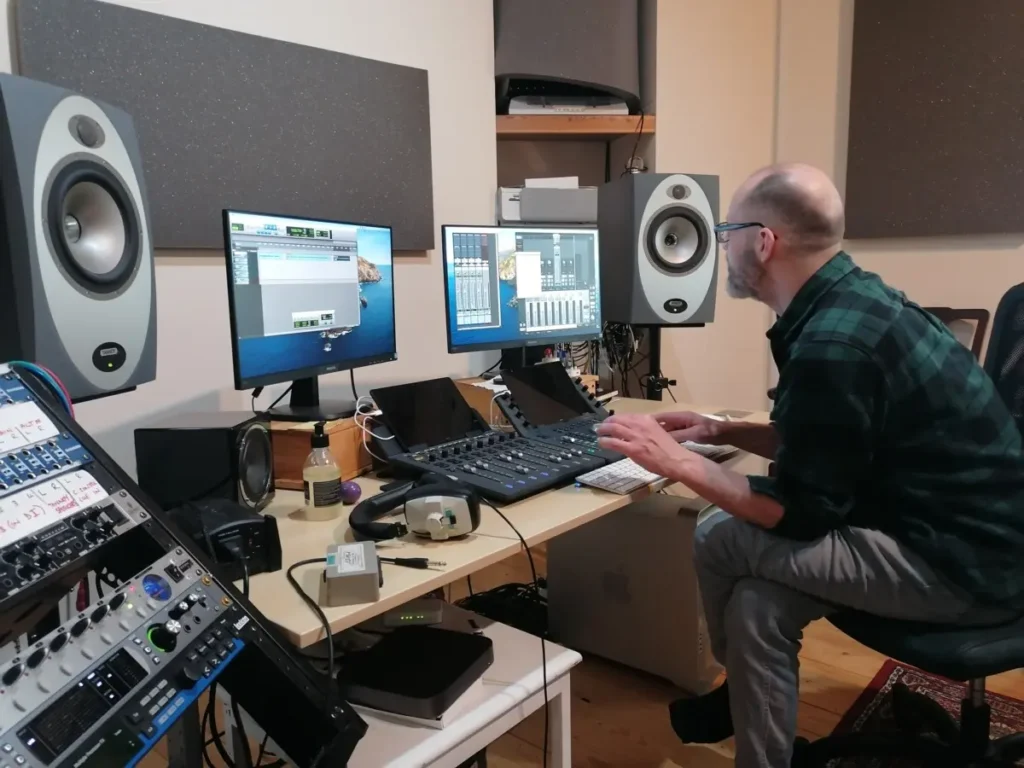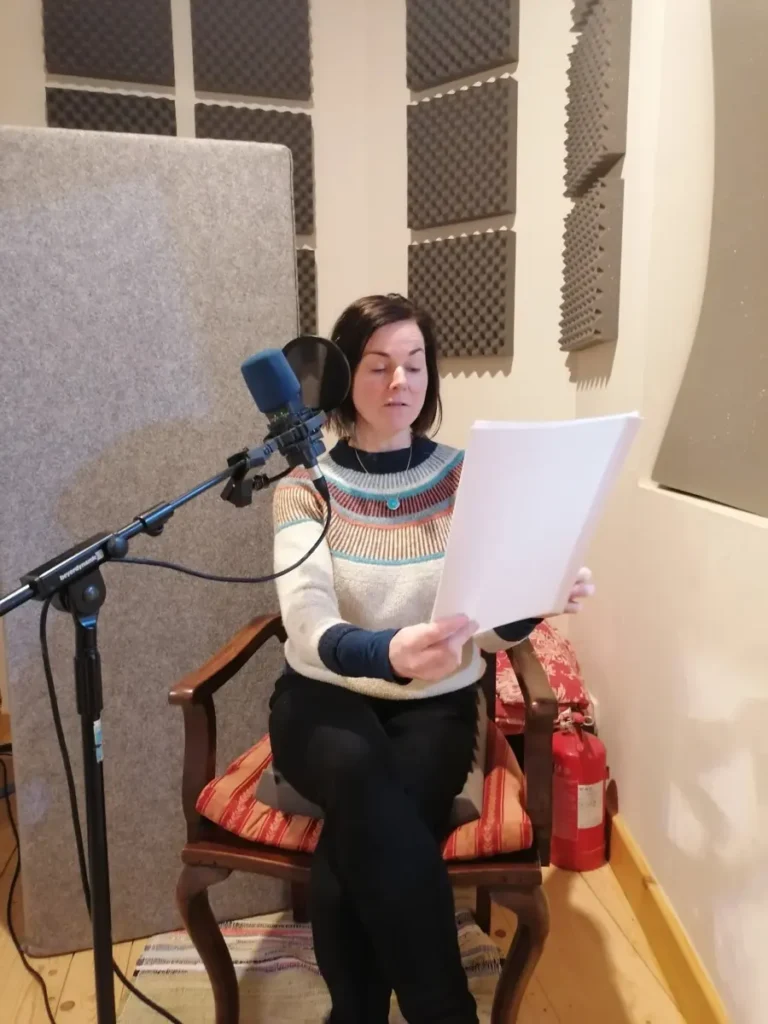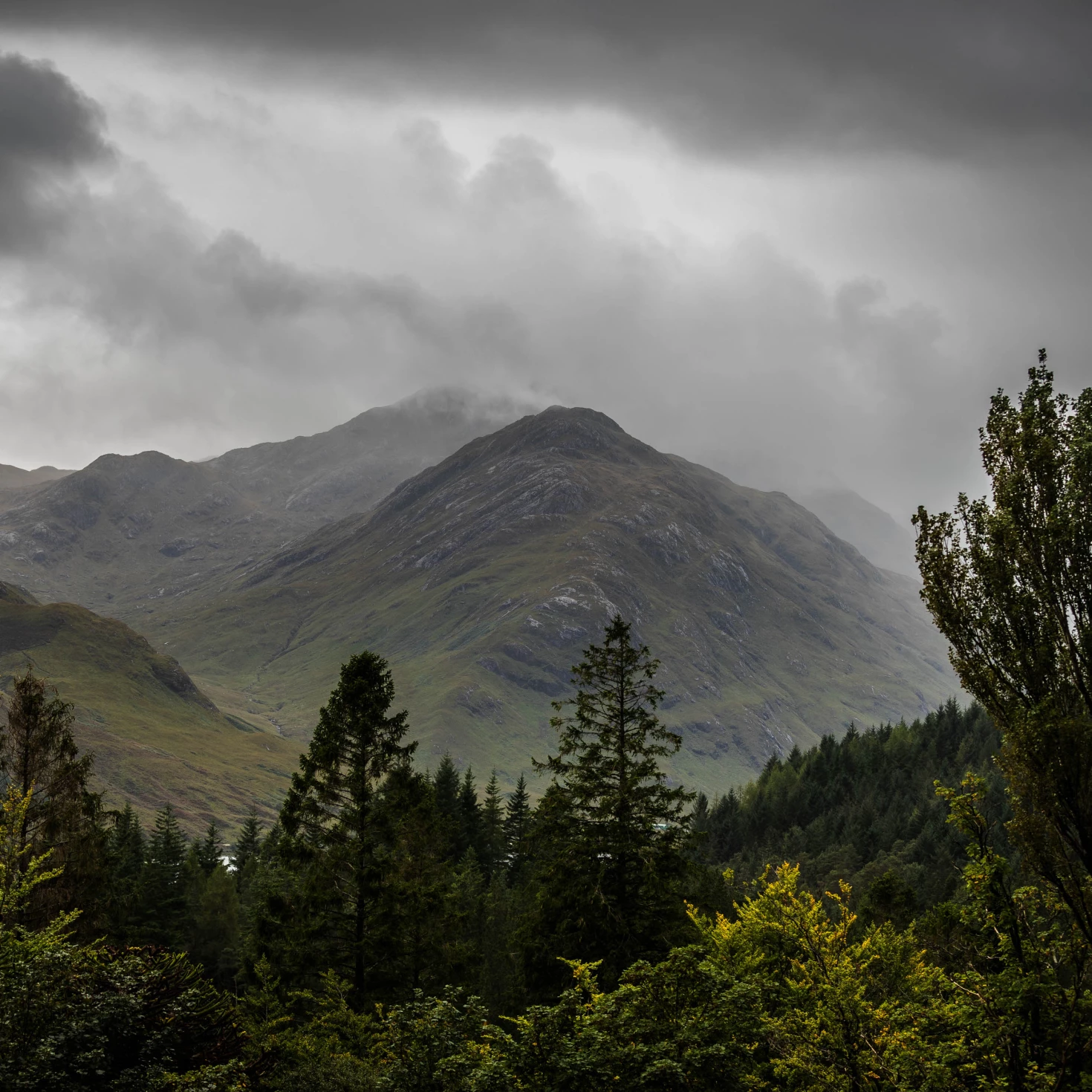
Benighted on the Moor of Rannoch
Credit: Paul Campbell/Northport
Benighted on the Moor of Rannoch tells the true tale of the seven Victorian men that attempted to traverse Rannoch Moor in January 1889 to map the route for the now-famous West Highland Line.
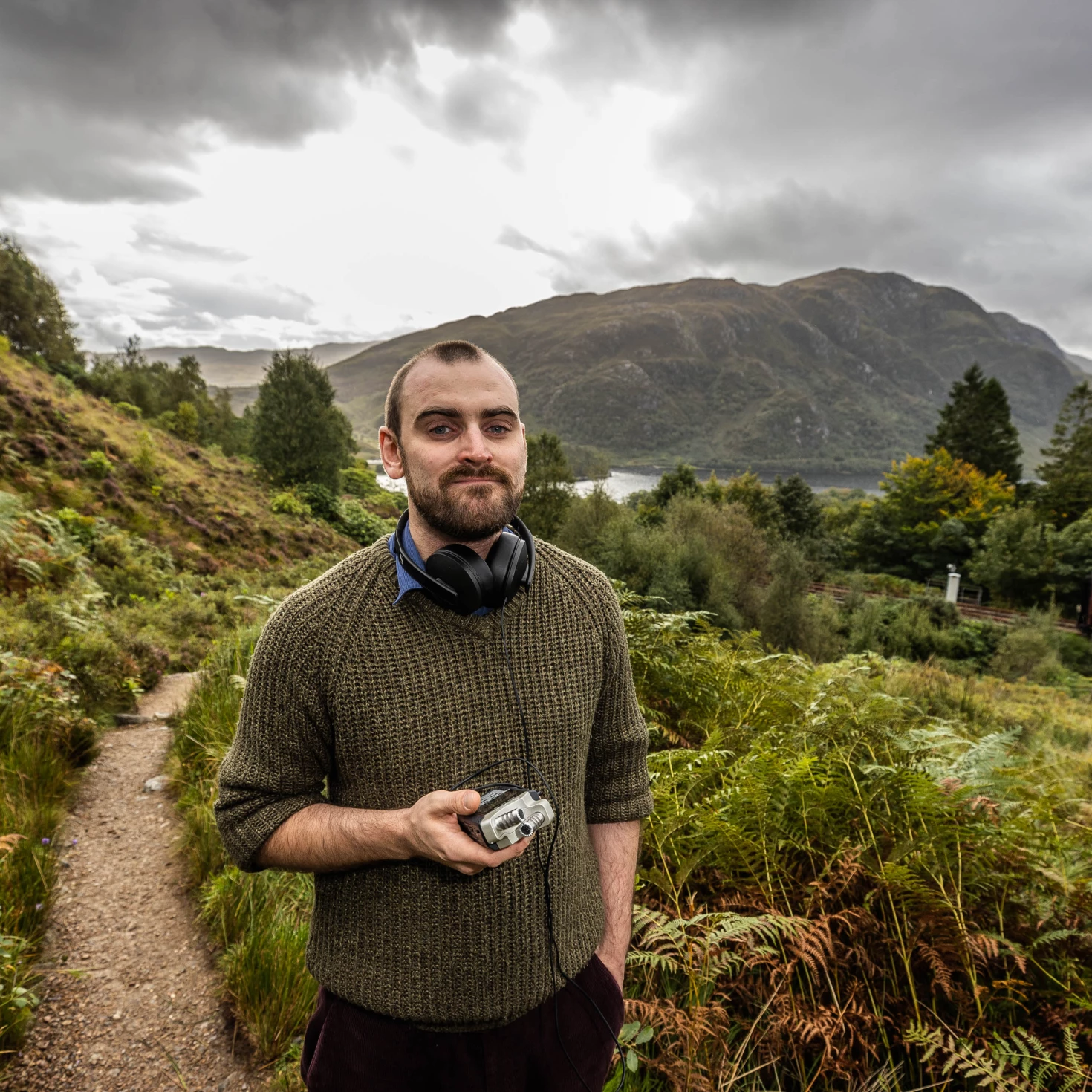
Benighted on the Moor is an audio drama that tells the true tale of seven Victorian men who traversed Rannoch Moor in January 1889 on an intrepid, not to say foolhardy, attempt to map the route for the now-famous West Highland Line.
The coming of the railway marks a cultural watershed moment for the land in which it runs through and is the first time remote Gaelic-speaking communities were opened to outside influences; both for good and for bad.
This radio play aims to explore that moment.
All tracks were recorded remotely at home. We aim to develop the quality further by recording it in a studio AND develop it into a geolocated sound walk using the ECHOES App; to emulate the journey of the engineers in a POV style.
“The sheer remoteness of Rannoch Moor is staggering and the idea to build a railway there that floats on brushwood, does well to match it! For me, despite its barren nature and reputation, it simultaneously symbolises the determination of the Victorian engineers who sought to traverse it and the compassion and grit of the people that live on it.” – Paul H Barnes
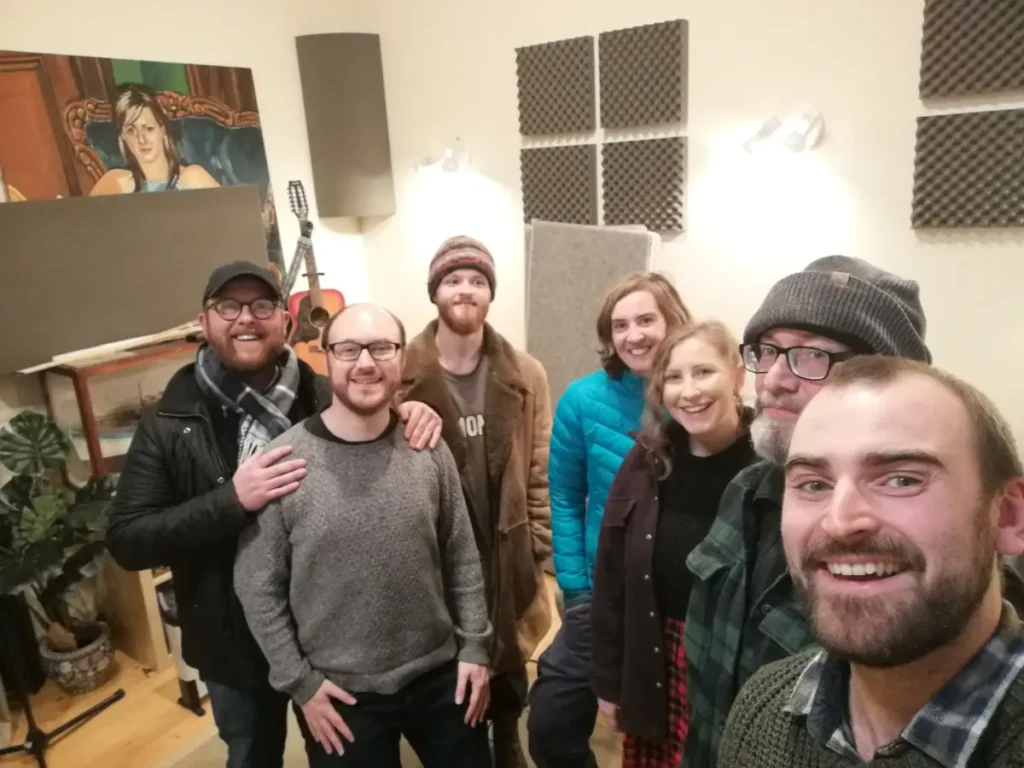
Written by: Paul Hernes Barnes, Eilidh Cameron Sykes & Lewis MacRae.
Performed by: Phillip Kingscott, Gregor Firth, Lewis MacRae, Charlie Macfarlane, Lauren Byrne & Paul Hernes Barnes.
Sound design and mixing by: DJ Dolphin Boy (Andy Levy)
Music by: The Maxwell Quartet
Sources:
Blackwood’s Magazine (W.J.G.F, 1927),
The West Highland Railway (Thomas, 1965),
The West Highland Railway: The Politics of Promotion in Late Nineteenth-Century
Scotland (McGregor, 1998)
Although factually correct, the play does take dramatic licence, including amalgamating characters and the conscious casting of roles. Please refer to the source texts for further reading and more information.
Supported by Spirit of the Highlands, Creative Scotland, the West Highland Community Rail Partnership & Glenfinnan Station Museum.


